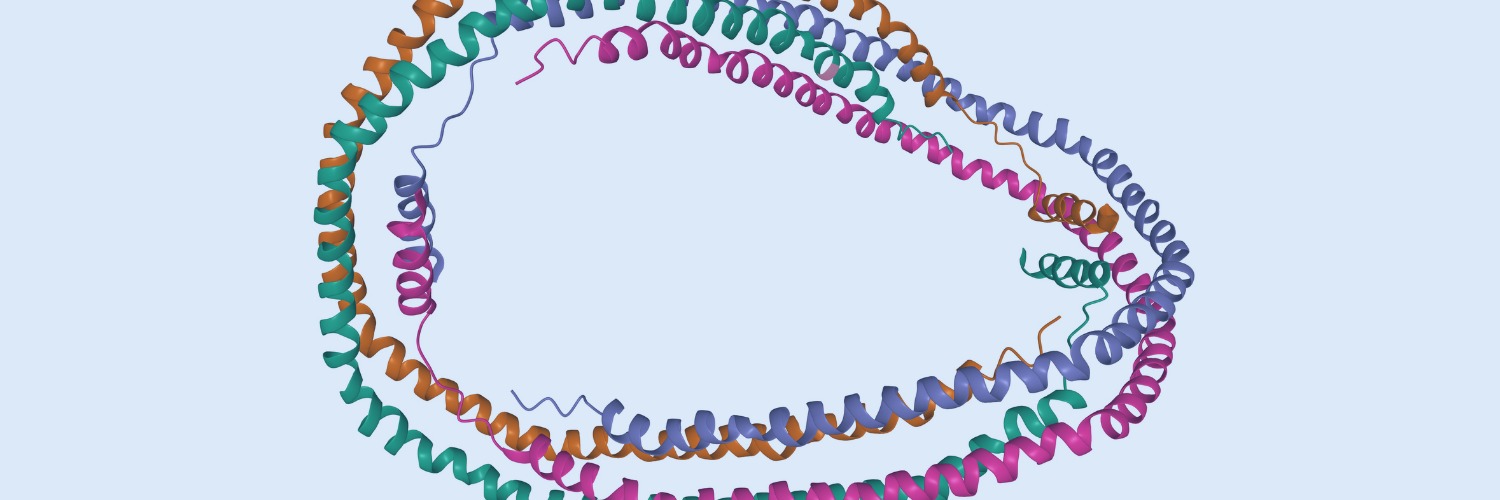SHIP-CT showed that 48-week treatment with inhaled 7% hypertonic saline (HS) reduced airway abnormalities on chest CT using the manual PRAGMA-CF method relative to isotonic saline (IS) in children aged 3-6 years with cystic fibrosis (CF). An algorithm was developed and validated to automatically measure bronchus and artery (BA) dimensions of BA-pairs on chest CT. Aim of the study was to assess the effect of HS on bronchial wall thickening and bronchial widening using the BA-analysis.
The BA-analysis (LungQ, version 2.1.0.1, Thirona, Netherlands) automatically segments the bronchial tree and identifies the segmental bronchi (G) and distal generations (G-G). Dimensions of each BA-pair are measured: diameters of bronchial outer wall (B), bronchial inner wall (B), bronchial wall thickness (B), and artery (A). BA-ratios are computed: B/A and B/A to detect bronchial widening and B/A and B/B (=bronchial wall area/bronchial outer area) to detect bronchial wall thickening.
113 baseline and 102 48-week scans of 115 SHIP-CT participants were analysed. LungQ measured at baseline and 48-weeks respectively 6,073 and 7,407 BA-pairs in the IS-group and 6,363 and 6,840 BA-pairs in the HS-group. At 48 weeks, B/A (mean difference 0.011; 95%CI, 0.0017 to 0.020) and B/B (mean difference 0.030; 95% 0.009 to 0.052) was significantly higher (worse) in the IS-group compared to the HS-group representing more severe bronchial wall thickening in the IS-group (p=0.025 and p=0.019 respectively). B/A and B/B decreased and B/A remained stable from baseline to 48 weeks in the HS while it declined in the IS-group (all p<0.001). There was no difference in progression of B/A between two treatment groups.
The automatic BA-analysis showed a positive impact of inhaled HS on bronchial lumen and wall thickness, but no treatment effect on progression of bronchial widening over 48 weeks.
Copyright © 2023. Published by Elsevier B.V.















